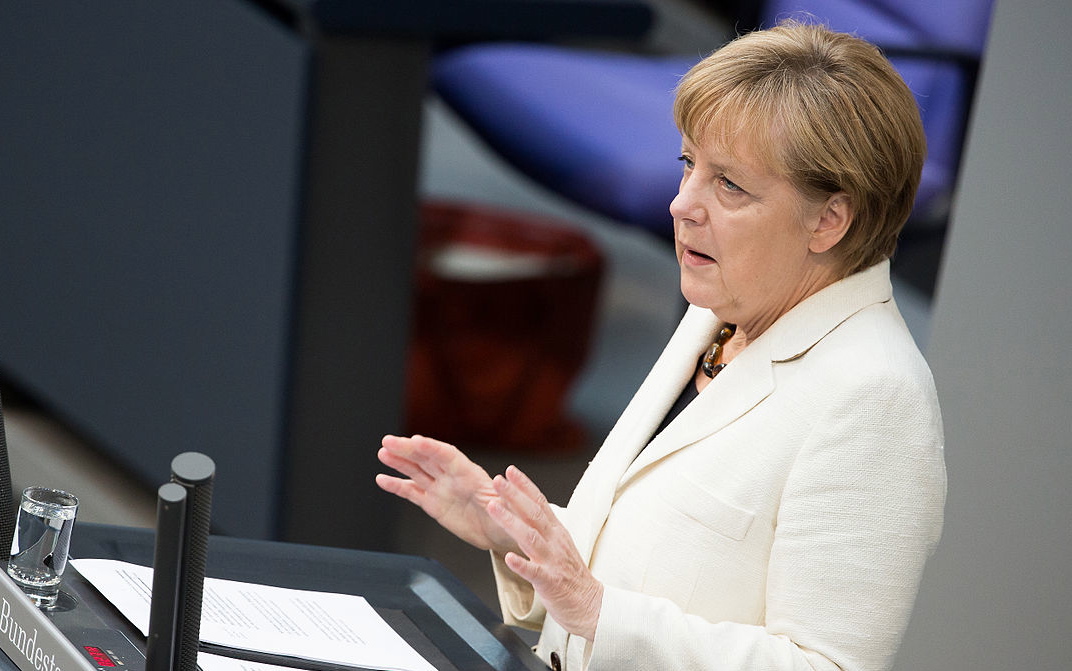If you visited the NYTimes.com on August 27,2013, like a number of other users, you probably encountered problems accessing the popular website. Some users were redirected to a site with SEA (Syrian Electronic Army) logo and others with simply an error message. The NYTimes website had been hacked and the Syrian Electronic Army, also known as the Syrian Electronic Soldier, is believed to be behind it. LATimes reported that the SEA hackers retrieved user names and passwords of one the company’s sales partners in order to direct computers around the world where to download webpage when someone tries to visit the website through an Internet browser. Prior to the NYTimes invasion, the Syrian Electronic Army ( SEA) had also taken the credit for hacking into the Washington Post, twitter, BBC Weather, Harvard’s website, and a recruitment site for the U.S. Marines. The United States Federal Bureau of Investigation (FBI) has now issued a warning about the Syrian Electronic Army on the Wanted List. “Please maintain heightened awareness of your network traffic and take appropriate steps to maintain your network security,” said the FBI memo. “If you detect anomalous or malicious traffic or network behaviour, please contact your local FBI Cyber Task Force.”
[captionpix align=”right” theme=”elegant” width=”300″ imgsrc=”http://natoassociation.ca/wp-content/uploads/2013/09/washingtonpost.jpg” captiontext=”The New York Times was momentarily taken down by SEA”]
Who is the SEA?
Apparently, the SEA has made it its mission to attack U.S social media websites. But who is it exactly and what exactly is its mission with its malicious behavior? While there is not much known yet about this group of cyber “hackers” or what others may describe as cyber “terrorists”, one thing certain is that it wants to send the world, or more specifically the U.S, a message that it stands for anti- western propaganda on Syria. SEA is a cyber activist organization whose main mission is to fight for the Syrian government and deface any social media that has nothing nice to say about Syria.
The SEA claims responsibility for vandalizing media websites that spread hostile news on the Syrian regime. On June 20, 2011, in a televised speech to the nation, Bashar al-Assad showed appreciation to the Syrian Electronic Army for its efforts and commitment in protecting the integrity of Syria by describing SEA as a “real army in virtual reality.” Although SEA recognized and stated that it is honoured by the President’s statement, it still denies that it has any affiliations with any government. This is highly speculated to be false due to the fact that the organized group is able to operate over Syrian networks with impunity.
[captionpix align=”left” theme=”elegant” width=”250″ imgsrc=”http://natoassociation.ca/wp-content/uploads/2013/09/seaaaa.jpg” captiontext=”SEA operates both in Arabic and English”]
Facing Facebook:
When the SEA surfaced as an organized group on Facebook in April of 2011, its first Facebook page (http://facebook.com/syrian.es) was disabled by Facebook. Shortly, the SEA then went ahead and created another page which was again disabled. The SEA was not discouraged and continued to create more pages. Facebook continued to disable the pages and sent SEA this Facebook warning on May 27, 2011:
- “Your Page [name of page in Arabic] has been removed for violating our Terms of Use. A Facebook Page is a distinct presence used solely for business or promotional purposes. Among other things, Pages that are hateful, threatening, or obscene are not allowed. We also take down Pages that attack an individual or group, or that are set up by an unauthorized individual. If your Page was removed for any of the above reasons, it will not be reinstated. Continued misuse of Facebook’s features could result in the permanent loss of your account.”
This warning was not going to stop the Army. The group created an unsuspected Facebook page that would be under the Facebook Team’s radar. The technique seemed successful since Facebook no longer disabled the group. The unpublicized page had more than 11,684 members as of May 26, 2011.
Helmi Noman, a senior researcher at the Citizen Lab, Munk School of Global Affairs at the University of Toronto, stated that the SEA Facebook described itself in its own words as “ A group of enthusiastic Syrian youths who could not stay passive towards the massive distortion of facts about the recent uprising in Syria.”
“They said they are determined to escalate attacks on websites belonging to the United States, European countries and all the countries preparing a possible military action against Syria,” Noman said.
The Toronto-based Information Warfare Monitor, which tracks the emergence of cyberspace as a strategic domain, says that the SEA is connected to the Syrian Computer Society, which was headed in the 1990s by Assad.
[captionpix align=”right” theme=”elegant” width=”300″ imgsrc=”http://natoassociation.ca/wp-content/uploads/2013/09/55592634_harvardhack.jpg” captiontext=”Harvard’s website was also hacked”]
Digital Security:
It is clear that the effectiveness and safety of cyber security is at risk. Improvements in the network security are much needed especially during political uprisings at this new world stage. Medias must strengthen their website security if they cannot afford being attacked. With cyber activism rising and access to sensitive materials online becoming more accessible through all means, it is certain that digital security has a whole other meaning.
If the proposed international military strike in Syria does occur, then one thing is certain-more victims will come. The hacking will most likely continue and this time, for the worst such as utilizing malicious software to gain private government information. For further information on SEA’s implication for Canada, please check out Daniel Bodirsky ‘s article.




